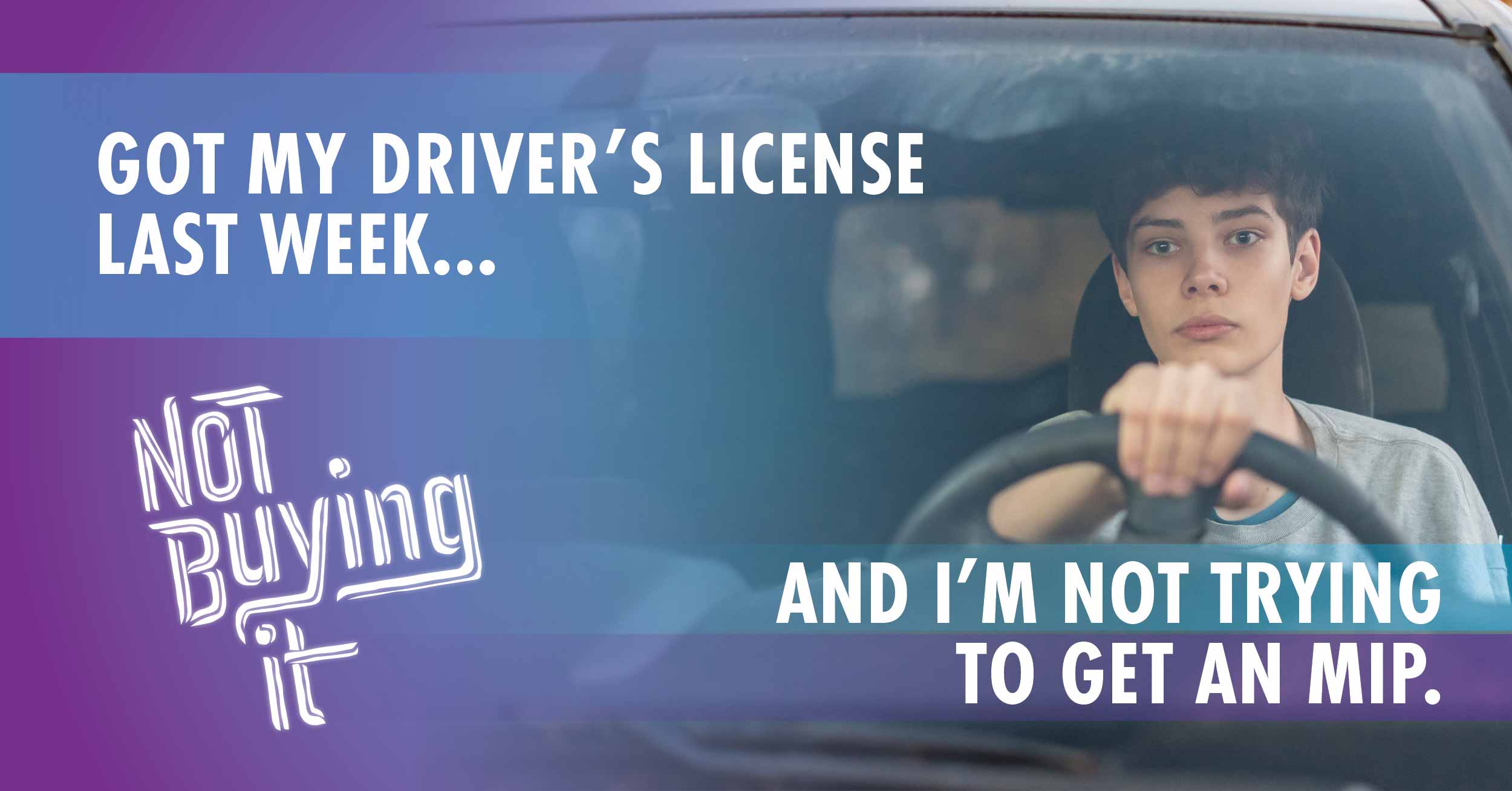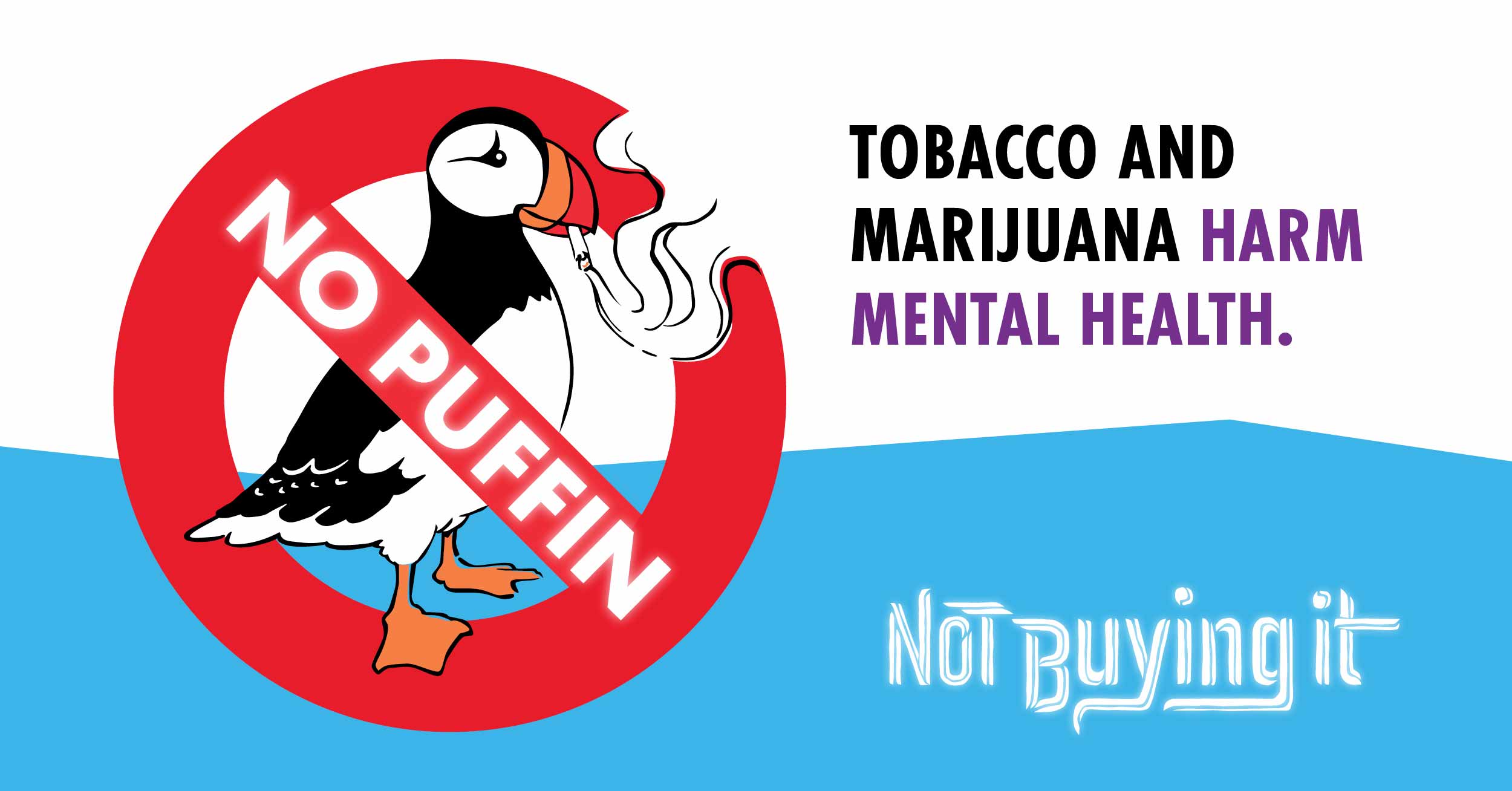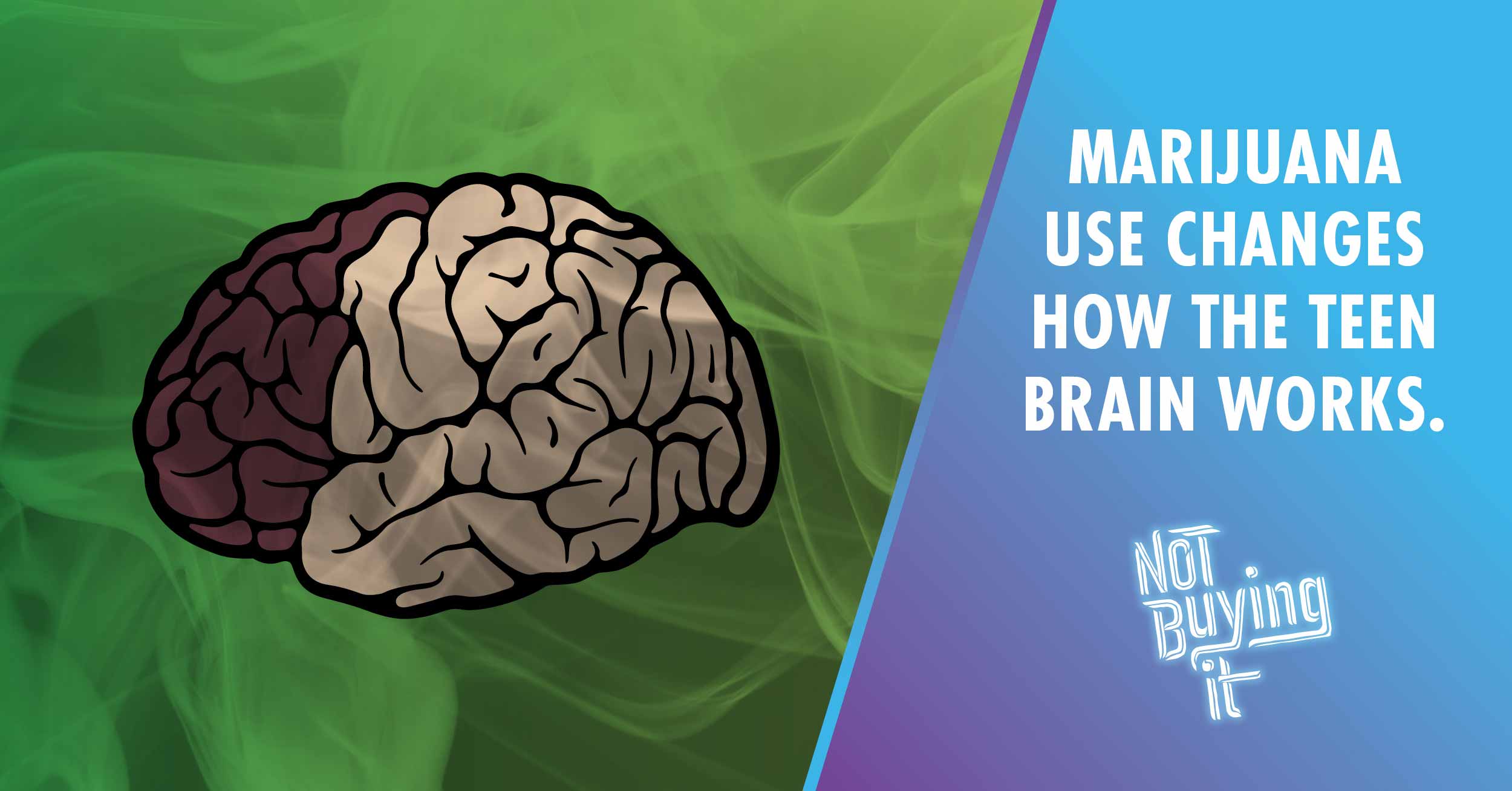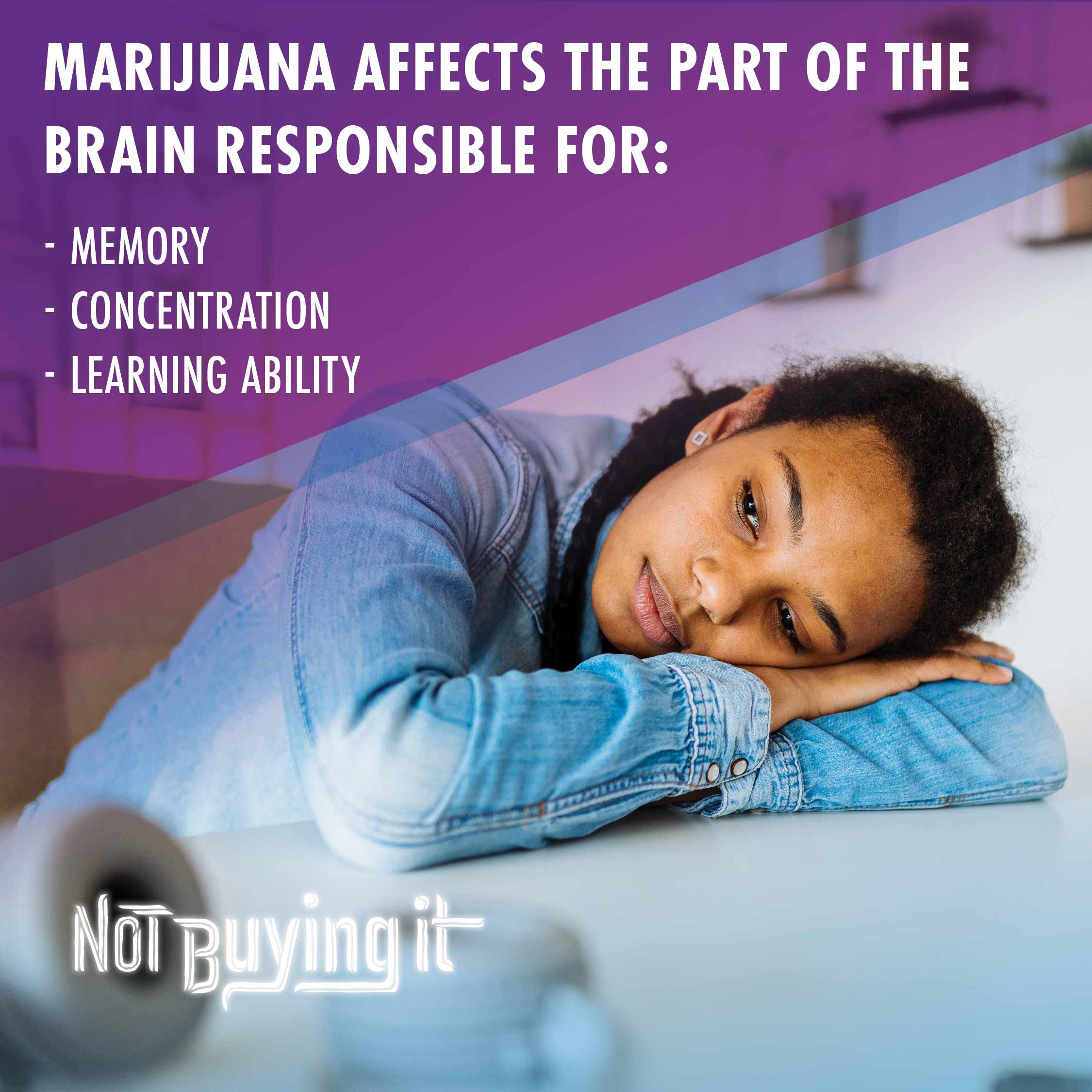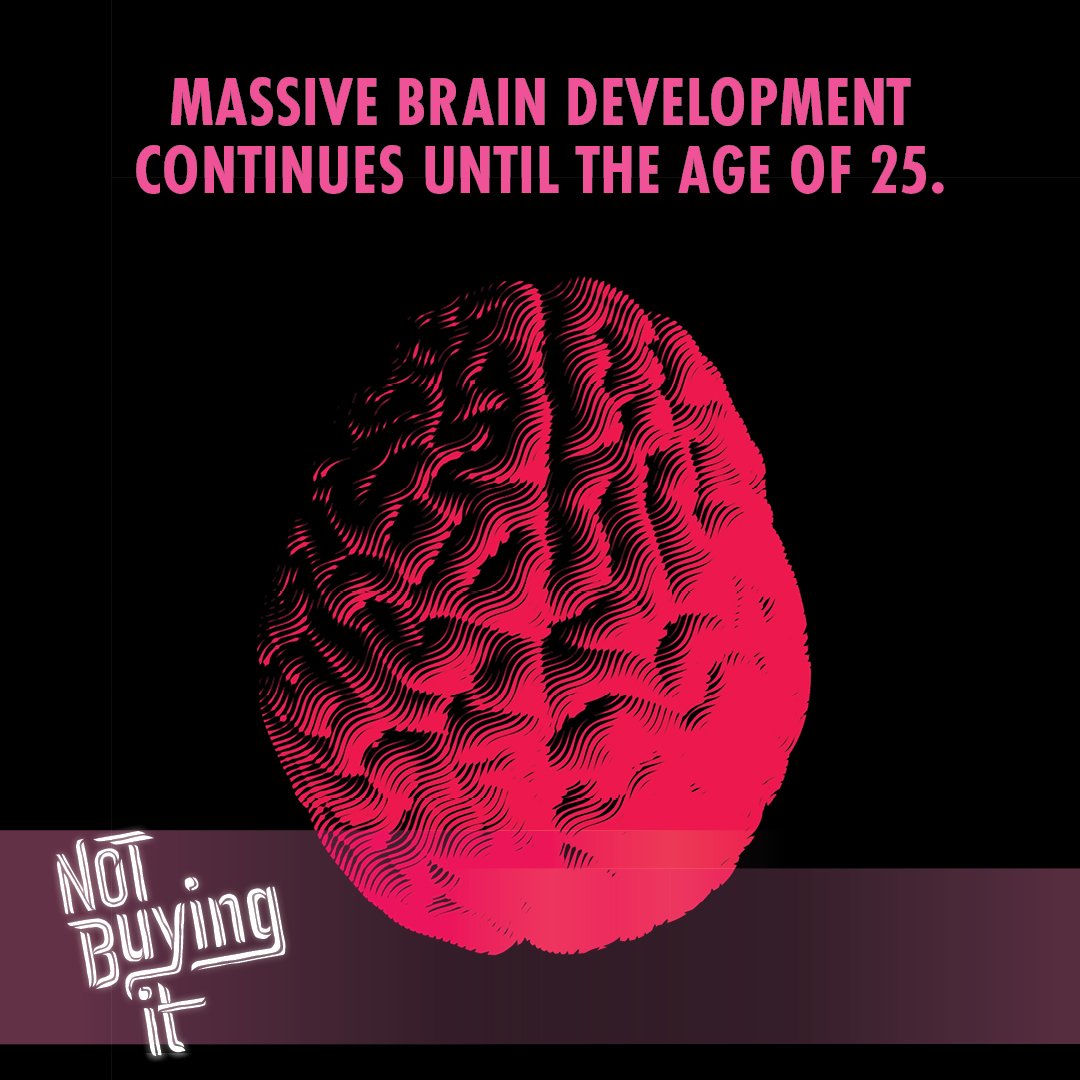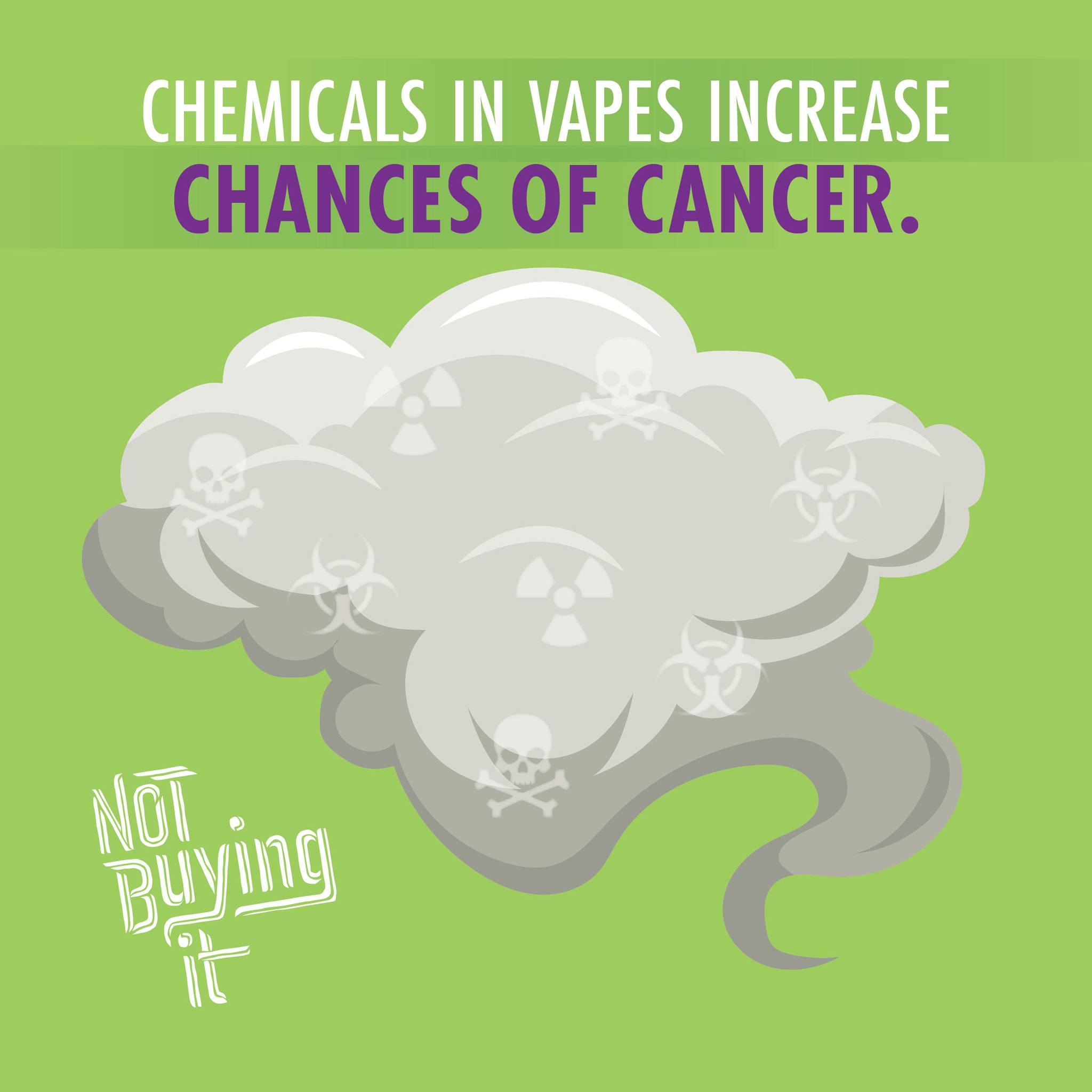
Teen years are a time to explore and grow.
Don't let weed get in the way of your goals.
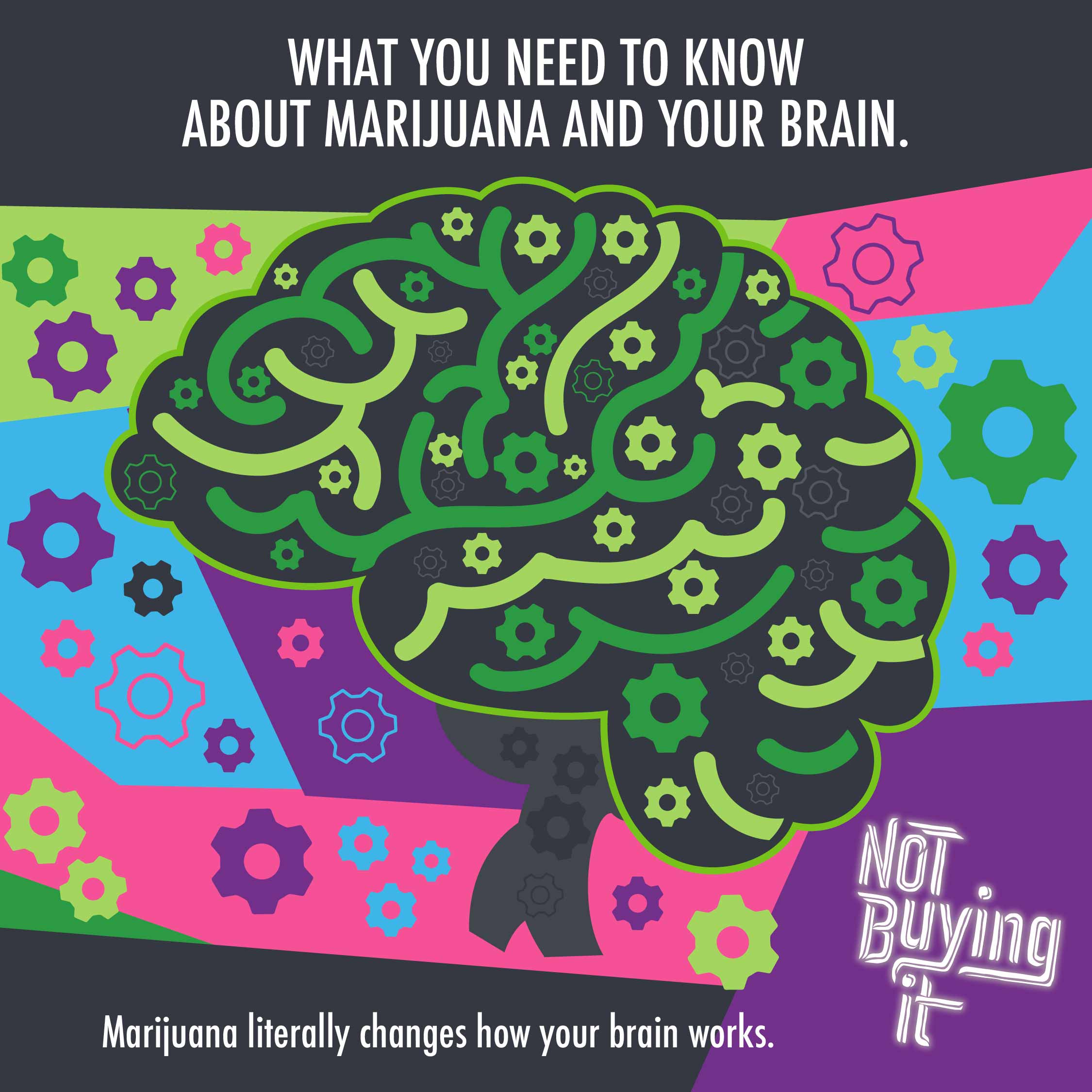
Keep your brain healthy.

Before age 25, your brain is undergoing a massive growth spurt. Marijuana use can cause significant changes to the "wiring" of your brain.
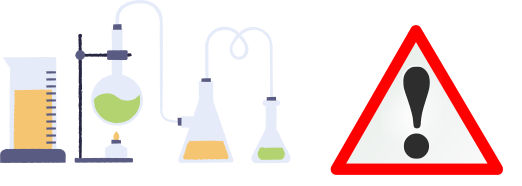
Today's weed has much more THC than a decade ago. Those high levels of THC can alter
how your brain develops.
You learn and remember better without weed.

Youth who regularly use weed are more likely to have difficulty learning, memory issues and academic challenges. You may also lack motivation and energy, and lose interest in activities you used to enjoy.
Driving high can lead to a DUI
Marijuana use is shown to harm your:
- Reaction time
- Short-term memory
- Hand-eye coordination
- Concentration
- Perception of time and distance
Marijuana also affects your ability to judge your own level of impairment, so even though you may think you can drive, don't risk hurting yourself or others on the
road.

Young people who use marijuana may be more likely to experience anxiety and depression. Heavy marijuana use can also make existing mental health conditions worse. This risk is amplified for adolescents with a family history of mental illness.



More Resources for You
Looking to quit or cut back?
Quitting can help you.
You can find treatment programs through the website findtreatment.samhsa.gov provided by the Substance Abuse and Mental Health Services Administration
(SAMHSA).
You can also call the SAMHSA Treatment Referral hotline at
1-800-662-HELP.
Treatment can help you, a friend, or someone you love get back to the person you or they once were.
More marijuana facts for teens
Learn more about impacts to driving, school, addiction, and mental illness.
The National Institute on Drug Abuse shares facts about the risks of marijuana.
What you need to know about marijuana use during your teen years
Read more about harmful effects from marijuana on your health and well-being.
The Center for Disease Control and Prevention share some information about how marijuana can impact your life.

